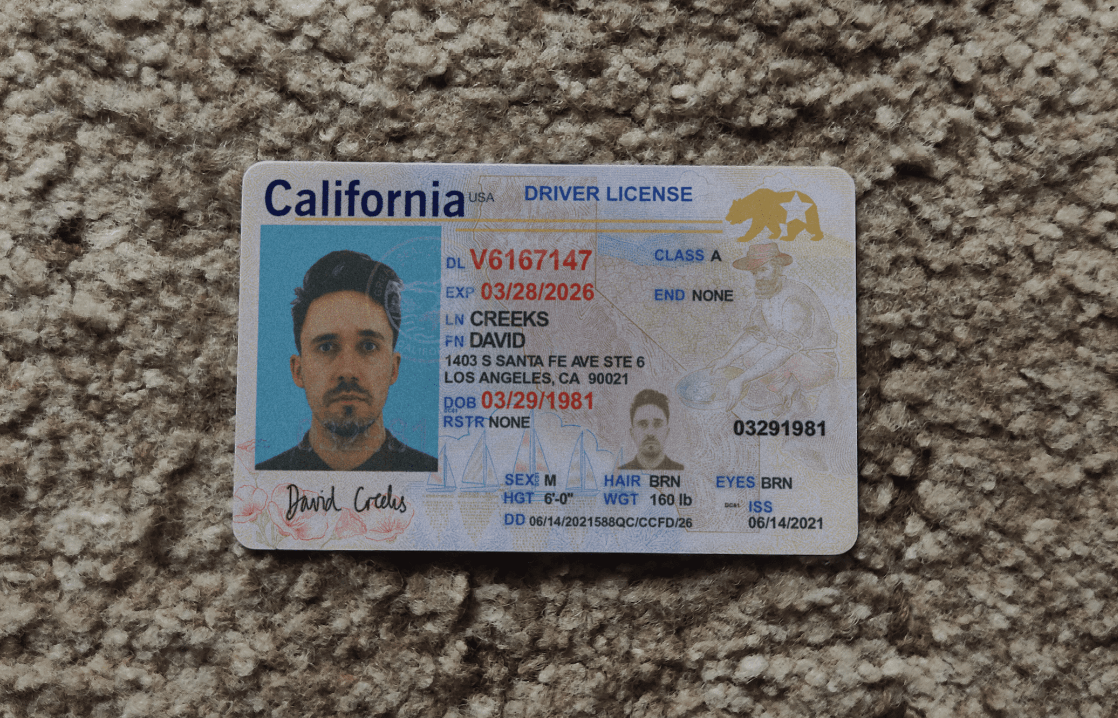Fake Aadhaar and PAN on ChatGPT causing major concerns
Things that AI can do have now raised major concerns, as what started as a fun information platform is now being misused to generate Fake Aadhaar and PAN cards. Fake passport and PAN cards on ChatGPT can be easily created, so well-crafted that it is becoming challenging to differentiate between real and fake documents.

A national media house even requested the Aadhaar cards of US President Donald Trump and Brazilian football player Cristiano Ronaldo through Chat GPT. Within minutes, the Aadhaar cards for both individuals were generated, resembling genuine documents.
The Impact of Generative AI
Previously a challenging task for cyber criminals, forging identity and citizenship documents issued by the government has now become remarkably easier. OpenAI’s ChatGPT simplifies the process to a point where even a child could do it, posing a serious risk of increased cybercrime. It is not just Aadhaar and PAN cards, but also passport and voter IDs that can be forged effortlessly using ChatGPT.

Moreover, GPT-40 can generate fake payment receipts for online transactions, making it difficult to distinguish between legitimate and fabricated receipts. Fraudsters have weaponized document fraud to gain people's trust and deceive them, with the advent of generative AI, creating fake documents has become faster and simpler than ever before.
Concerns and Solutions
Social media users are questioning how OpenAI gained access to genuine documents like Aadhaar and PAN card, raising concerns about privacy and security. To address potential abuse, OpenAI has incorporated C2PA (Coalition for Content Provenance and Authenticity) metadata to photos created by GPT-40. This metadata helps in verifying whether a photo was AI-generated or genuine.

As generative AI continues to advance, it is crucial to monitor its applications and prevent potential misuse to protect individuals' identities and personal information.










